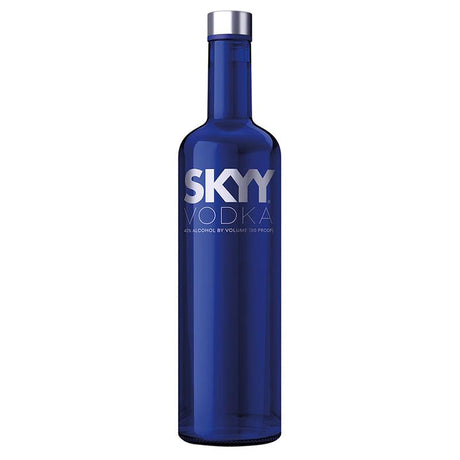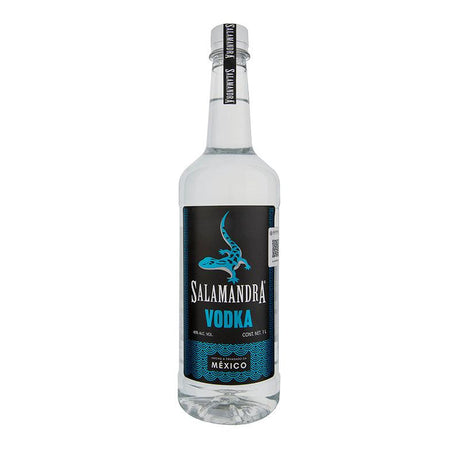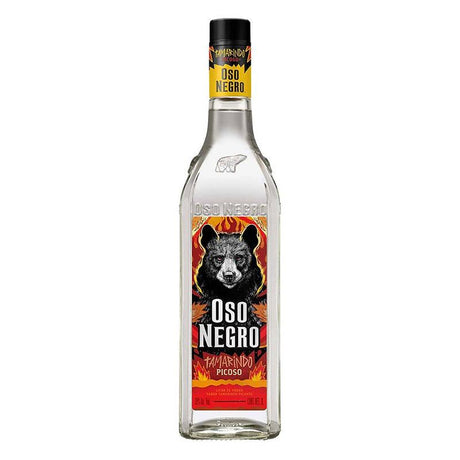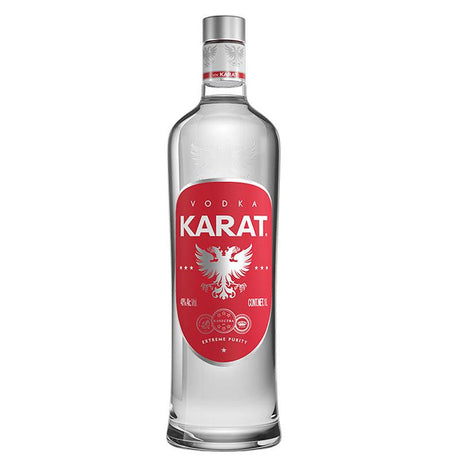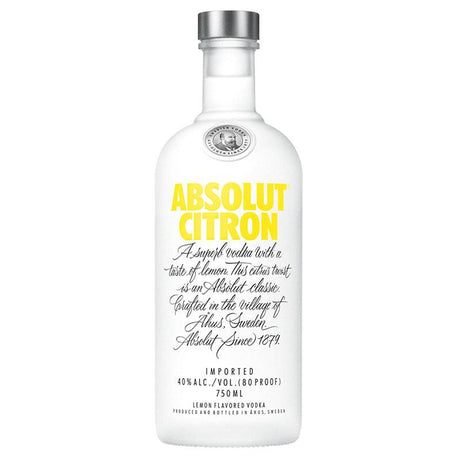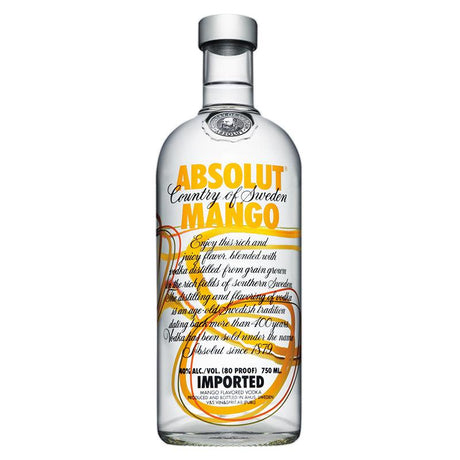Vodka is one of the most popular alcoholic beverages in the world, not only because of its versatility in cocktails, but also because many people perceive it as a " lighter " or even " healthier " option than other alcoholic beverages. But is there any truth to this?
A little history: from remedy to cocktail
Vodka originated in Eastern Europe, primarily in Russia and Poland, during the Middle Ages. Originally, it wasn't just consumed for recreational purposes: it was used as a medicinal remedy , disinfectant, and even as a base for potions. In fact, in Russia, it was considered part of the daily diet, and in Poland, it was served at religious celebrations.
Over time, vodka has been refined and expanded its reach worldwide, becoming one of the best-selling beverages worldwide. Today, brands like Smirnoff, Absolut, and Grey Goose top the consumption charts, and the drink has evolved from being seen as a "strong drink" to a key ingredient in elegant and modern cocktails.
Nutritional Comparison: Vodka vs. Other Beverages
One of the reasons vodka is perceived as a healthier option is its calorie content and lack of carbohydrates when consumed neat.
-
Vodka (40% alcohol, 1.5 oz/44 ml) : ~96 calories, 0 carbs, 0 sugars.
-
Whiskey (40% alcohol, 1.5 oz) : ~105 calories, 0 carbs, but with more compounds that can affect hangovers.
-
Red wine (150 ml) : ~125 calories, 4 g of carbohydrates, plus natural antioxidants (resveratrol).
-
Beer (355 ml) : ~150 calories, 13 g of carbohydrates.
Vodka, when consumed neat or with low-calorie mixers (mineral water, soda water), is one of the spirits with the fewest calories per serving . Unlike beer and wine, it contains no carbohydrates or sugars, making it popular among those looking to maintain their figure or follow low-carb diets.
Is vodka really “fit”?
This is where the debate comes in. Many call it the "fit" drink of alcohol, especially when prepared in light cocktails like Vodka Soda (a mix of vodka with mineral water and a touch of lemon), which barely reaches 100 calories per glass.
However, some myths need to be cleared up:
-
Myth 1: Vodka doesn't make you fat.
False. Like all alcohol, excess alcohol converts into extra calories. The difference is that it's easier to control your calorie intake if you drink it neat or with simple mixers. -
Myth 2: It is better for your health than other drinks.
It depends. Wine, for example, contains beneficial antioxidants, while vodka doesn't. However, vodka causes less of a hangover than drinks with more antioxidants (like whiskey or dark rum). -
Myth 3: It is ideal for diets.
Half-truth. It may be a lighter option among alcoholic beverages, but it still provides empty calories without nutrients.
Who consumes it the most?
Statistically, vodka is very popular among young adults between the ages of 18 and 35 , especially because it's easy to mix at parties and in affordable cocktails. In the U.S., it has led the sales of spirits for over a decade, while in Russia and Poland, it remains a cultural symbol.
In Mexico, although tequila and mezcal lead the way, vodka has positioned itself as the preferred drink of Generation Z and millennials , who often seek out low-calorie cocktails or ready-to-drink (RTD) beverages.
Vodka can be considered one of the lowest-calorie and carbohydrate-containing alcoholic beverages, which gives it a certain reputation as a " fit " beverage. However, like any alcohol, its consumption should be moderate and conscious . Its versatility in cocktails and its neutral profile make it a favorite for those looking to enjoy without excess and with a more balanced lifestyle.
So, if you want to toast with something lighter at your next get-together, a Vodka Soda or a Moscow Mule may be the best option: fresh, versatile, and without as many calories as a beer or a sugary cocktail.
Discover our collection of vodkas – Vinosylicores.com to prepare your favorite cocktails.

